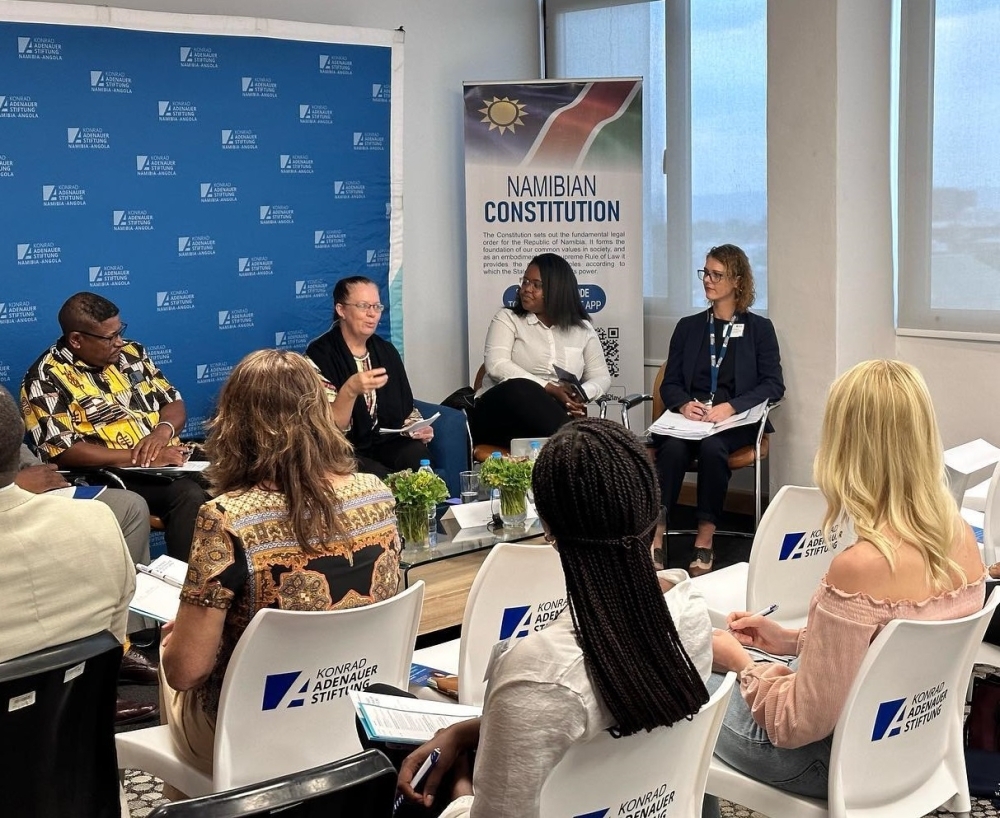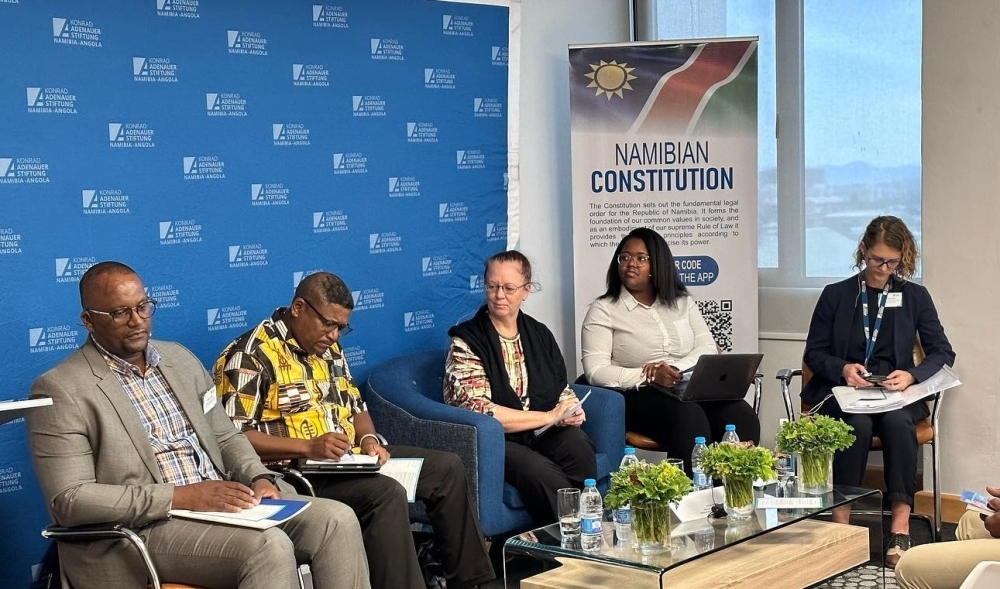Setting a workable pace to advance Namibian education
Addressing the challenges in education
After several complaints regarding the education system and the high failure rate recorded in the 2022 national examinations, stakeholders came together to address the challenges and suggest ways to better the education system.
A panel of education experts and representatives led a discussion - through the Konrad-Adenauer Stiftung (KAS) - on the future of Namibia’s education system in comparison to the global education standard.Deputy executive director at the ministry of education, arts and culture, Edda Bohn, said the ministry aims to be globally competitive through the agencies it works with as instruments to remain relevant and competitive.
“We participate in global dialogue and ensure that our education standards remain competitive at global levels,” she said.
Bohn added that it is their mandate as a ministry to educate and train for sustainable national development, arts and culture by committing to equitable access to inclusive education for all. This is done to develop a nation that is able to promote and preserve its arts and culture for unity and diversity.
Influencing education policies
Teachers Union of Namibia (TUN) secretary-general Mahongora Kavihuha said the union has been very instrumental in carrying out advocacy work during the development of the current Education Act.
He said the challenges the education sector faces are human-made and highlight a lack of leadership. “If we address the issue of leadership in education, many problems will be resolved," he said.
He further mentioned that teaching is a skill, not an academic achievement. “Abolishing teachers' training colleges was a mistake. These colleges are where teaching skills are mastered and the development of passion to teach is nourished."
Advocating for education reforms
The president of the Namibia National Students Organisation (Nanso), Lucia Ndishishi, highlighted the role of young people in education advocacy work. Nanso, which serves as the mother body to represent the views of learners, trainees and students studying within the country, has embarked on projects to advocate for education reforms.
One major education reform by Nanso is access to education.
“When free education came into play, we welcomed the idea. This is why we promote it and try to defend those who are still unable to get into the system,” she said.
She addressed the current state of education in Namibia, saying the wide array of challenges still persist, despite interventions from the Namibian government.
One of the greatest challenges raised include accountability. “The national education results are a reflection of our collective efforts,” Ndishishi said.
“Education does not only take place in the classroom. There are different levels and aspects that affect the entire education system of a child. These may begin in their homes, the classroom, school management and the ministry as well. This calls for accountability at all levels."





Comments
My Zone
No comments have been left on this article